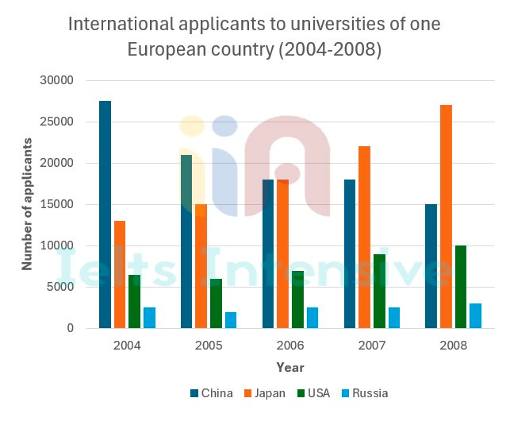Giải đề IELTS writing 22 06 2024
Task 1
Task 2
Past scientists predicted that advancements in technology would provide people in the 21st century with more leisure time. While this has come true for some, it is not the reality for everyone.
The introduction of automated systems and modern infrastructure has indeed liberated many from time-consuming menial tasks and transportation duties. Advanced machinery now handles specific functions, which has granted many people more time for relaxation. However, this advantage is not universal. In remote or impoverished areas, such technology remains a luxury, and the majority of people there still rely on manual labor for their daily tasks, which significantly limits their personal time.
In more developed regions, even with the availability of sophisticated technologies, most individuals end up dedicating any potential spare time back to work. This trend is partially driven by the advent of artificial intelligence, which has resulted in significant job cuts and a pervasive fear of redundancy among workers. It’s common for members of the working class to hold multiple jobs or endure long workdays just to make a living. Since automation has also driven down wages for low-skilled positions, those seeking better job opportunities are often compelled to invest time in acquiring further qualifications to compete effectively in the job market.
In summary, while modern technologies were initially designed to reduce the daily grind and create more free time, they have instead contributed to a busier lifestyle for many. The promised leisurely lifestyle has become exclusive to wealthier individuals who face fewer financial pressures, leaving the majority with increasingly demanding schedules.


